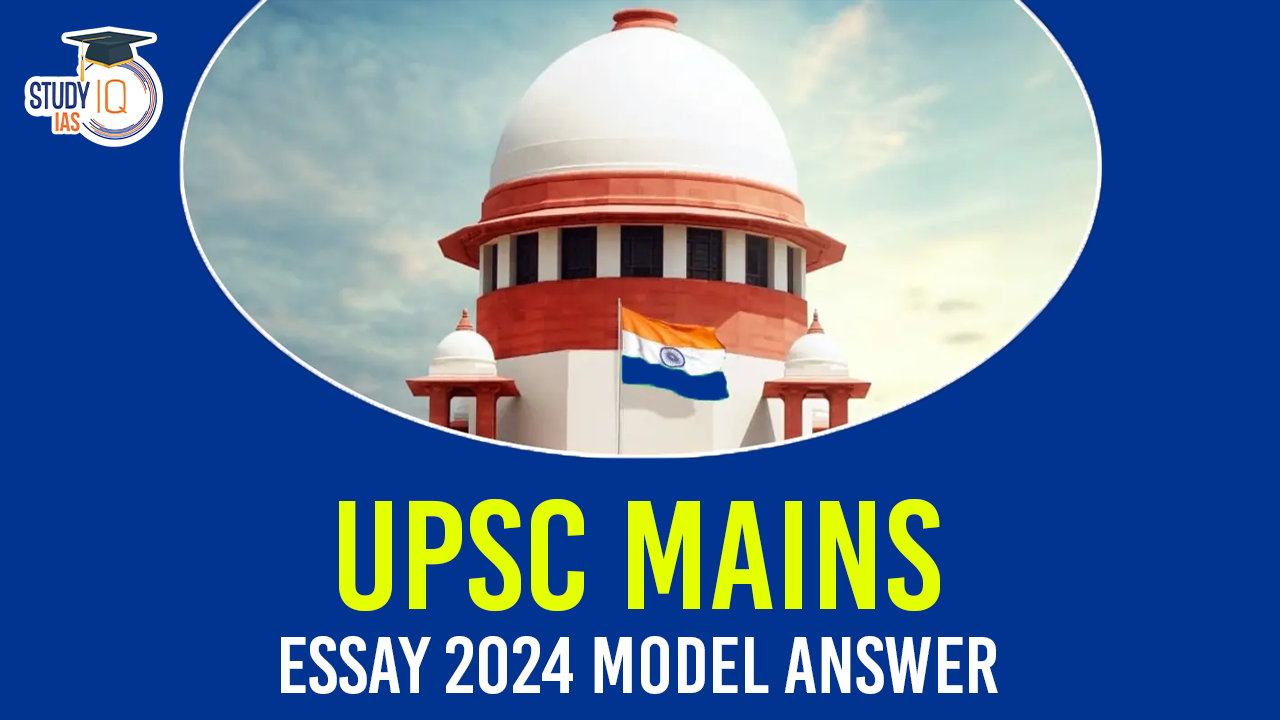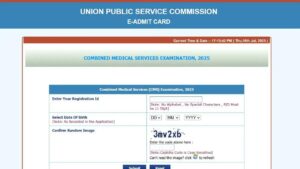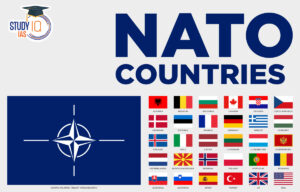6. NEARLY ALL MEN CAN STAND ADVERSITY, BUT TO TEST THE CHARACTER, GIVE HIM POWER
APPROACH-
- Introduction -Analysing meaning of the quotation
- Explaining Significance of Power in individual’s character
- Context – From where does the quotation came
- Bridging quotation to different dimensions along with highlighting one positive as well as negative examples from every dimension.
- Historical dimension – Example from ancient history and modern history
- Individual
- Societal
- Political
- Economical
- Governance
- IR
- Character traits revealed by Power like integrity, empathy, humility and courage.
- Antithesis – Showing at times adversity can build character while power can also destroy character.
- Conclusion- Providing summary, reflection and final thoughts over quotes.
INTRODUCTION
Thesis Statement and meaning
- Power can reveal a person’s true character, and that people in positions of authority can make decisions that people without authority cannot.
- Adversity offers fewer options, the most pressing need is survival. On the other hand, those who have power have choices and control over situations.
- With the freedom to choose comes the freedom to choose rightly or wrongly. What he chooses reveals the character of the person of authority with power.
Significance: The quote highlights that enduring hardships showcases personal fortitude, but the true measure of character is revealed when individuals gain authority and influence.
CONTEXT –
- Quote attributed to Abraham Lincoln
- Original version of the quotation came on Jan. 16, 1883, during a speech in Washington D.C., by the prominent writer and orator Robert Ingersoll.
- Philosophical Context: This perspective aligns with ethical theories that stress moral responsibility in leadership roles.
Bridging quotation to different dimensions
HISTORY –
- Ancient – Ashoka – stood against the adversity under Susima – fought for his rights. But when got power started killing people and atrocities. People termed him ‘Chand Ashoka’. But when he adopted the path Dhamma, he became Ashoka The Great.
- Modern – Hitler- fought for the rights of German masses against the atrocities they were facing post World War 1 – but when got power he was the one who was responsible for WW2.
INDIVIDUAL –
Power defines as the capacity to influence others, and its dual potential.
Ex.- Negative- Osama bin laden influencing followers for terrorism.
Positive – Mahatma Gandhi motivating followers to fight against social injustice.
SOCIETY –
The ability to make decisions that consider collective well-being.
Negative Example Under colonialism, third world nations put up resistance against the colonial powers (adversity). But once they became independent their leaders soon turned to dictatorship themselves (use of power revealing the character). Ex. Pakistan.
Positive Example – India being an exception even today exudes the same fervour and principles that it fought before its independence.
POLITICAL-
Use of power ensures consistency between words and actions. It results into credibility and wider acceptability.
Negative Example- promising socialistic facilities like free education, health etc. But getting indulged in corruption after coming to power.
Positive Example – Lal Bahadur Shashtri not using official position for personal gains.
ECONOMY-
Use of power differentiates between selfish and selfless character of an organisation.
Negative Example – Companies worked hard to produce vaccines – but after producing it issues like vaccine hoarding showed selfish character.
Positive Example – India giving free vaccines – empathetic character towards citizens.
GOVERNANCE-
Effective use of power ensures efficient service delivery and leads to the goal of good governance.
Negative Example – Senior bureaucrats are often given power to allot projects and tenders. Some may use their power abuse their authority. For instance, awarding tenders to inexperienced relatives leading to collapsing of bridges.
Positive Example – Armstrong Pame- built 100 km road with social funding.
IR-
Use of power ensures global peace and stability.
Negative Example- Cold war between USA ans USSR
Positive Example- India avoiding war with China post Galwan incident through diplomacy and tact.
Character Traits Revealed by Power:
- Integrity: Essential for maintaining ethical standards, as seen in leaders who prioritise justice over personal interests.
- Empathy: The ability to make decisions that consider the well-being of others, demonstrated by leaders who engage with their communities.
- Humility: Recognizing the importance of shared leadership and collaboration, crucial in democratic governance.
- Courage: Taking a stand against unethical practices, like whistleblowers who expose corruption at great personal risk.
ANTITHESIS
- Adversity vs. Power:
- While adversity may foster resilience, it does not guarantee ethical behavior, as seen in figures who faced hardships yet misused power (e.g., dictators like Muammar Gaddafi).
- Some individuals may excel in challenging circumstances but succumb to corruption when given power, as illustrated by corporate leaders involved in scandals (e.g., Enron’s executives).
Conclusion
- Summary: The discussion reinforces that the relationship between adversity, character, and power is complex, with true character emerging under the pressures of authority.
- Reflection: Emphasise that integrity and ethical leadership are vital in defining an individual’s legacy and societal impact.
- Final Thoughts: The responsible and compassionate use of power is crucial for fostering positive change and ensuring a just society.


 UPSC CMS Admit Card 2025 Out: Download L...
UPSC CMS Admit Card 2025 Out: Download L...
 UPSC Study Material for Prelims & Ma...
UPSC Study Material for Prelims & Ma...
 NATO Countries List 2025, Members, Funct...
NATO Countries List 2025, Members, Funct...





















